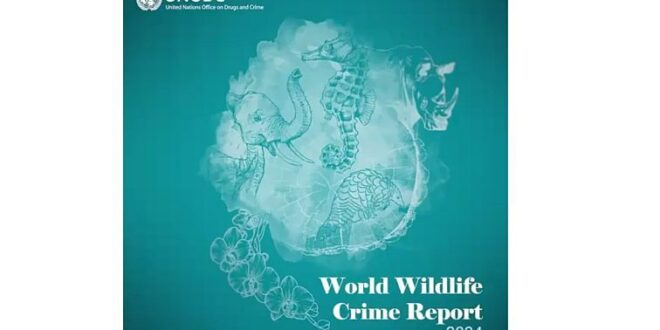PETALING JAYA: Beyond the direct threat to animal and plant species, wildlife trafficking has broader environmental consequences that may cause disruptions to ecosystems and threats to the socioeconomic development of nations.
The far-reaching impacts that go beyond the conservation of individual species of fauna and flora can have profound implications on climate change mitigation, as natural ecosystems play a crucial role in regulating climate patterns.
Concerns were raised in the latest World Wildlife Crime Report by the United Nations Office on Drugs and Crime (UNODC), which reported that the decrease in the population caused by trafficking can interfere with the interdependencies between species and disrupt the stability of the ecosystem.
According to the report, the focus of enforcement on poaching and trafficking appears to be on certain wild animals, such as elephants, tigers, and rhinoceroses although thousands of wildlife species are affected by illegal activities.
ALSO READ: Wildlife still in danger
It said that some of the clearest examples of conservation harm caused by wildlife crime, such as the illegal collection of succulent plants, rare orchids, and a wide range of reptiles, fish, birds, and mammals, received comparatively minimal attention, although it can contribute to the depletion of a species and lead to local or global extinction.
The UNODC said wildlife trafficking also undermines the benefits that people derive from nature and may affect employment or income from wildlife-based industries that rely on natural resources used for food, medicine and energy.
Wildlife trafficking can also contribute to environmental degradation, reduced security, exposure to violence and increased vulnerability to exploitation and trafficking in persons.
The report said it can also have a detrimental impact on governance and the rule of law.
“Corruption, money laundering, and illegal financial flows associated with wildlife crime can weaken governance and affect government revenues from legitimate trade sectors. “This can increase the cost of enforcement and undermine efforts to combat wildlife trafficking effectively,” the report said.
 BeritaKini.biz Berita Viral Terkini di Malaysia
BeritaKini.biz Berita Viral Terkini di Malaysia





